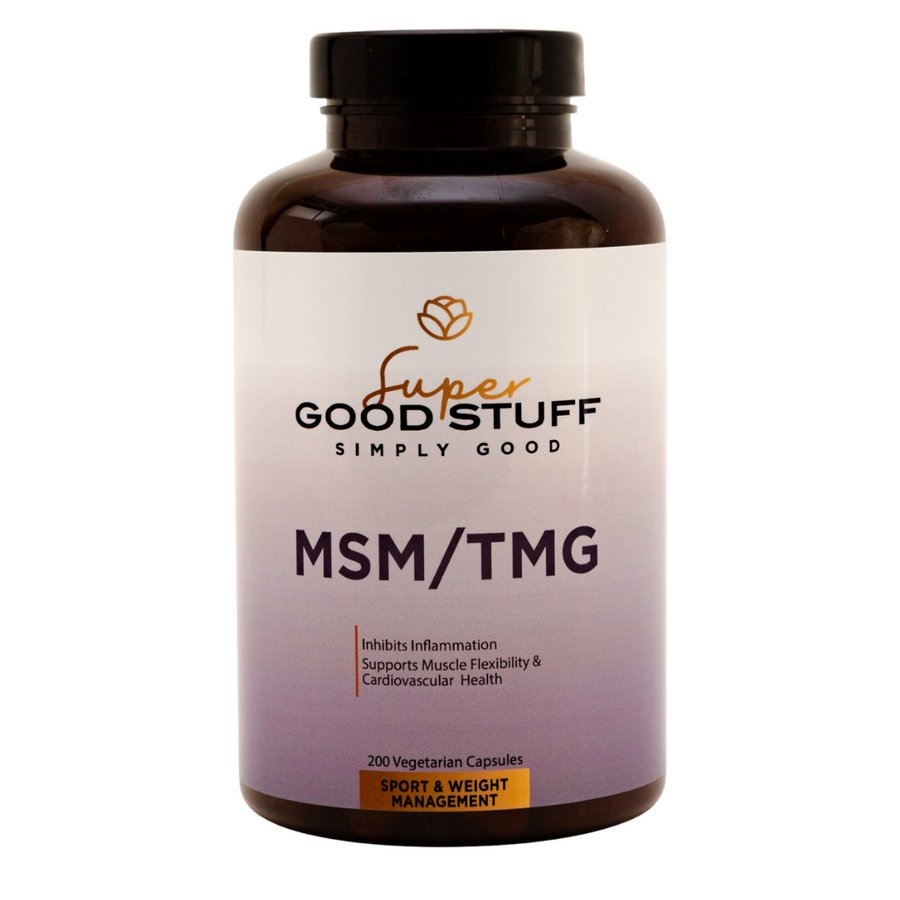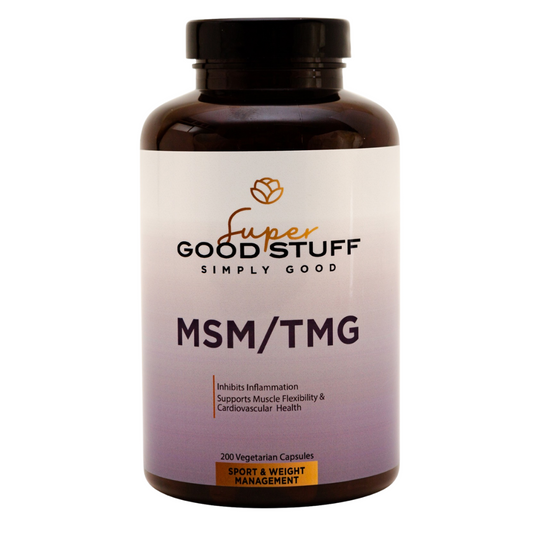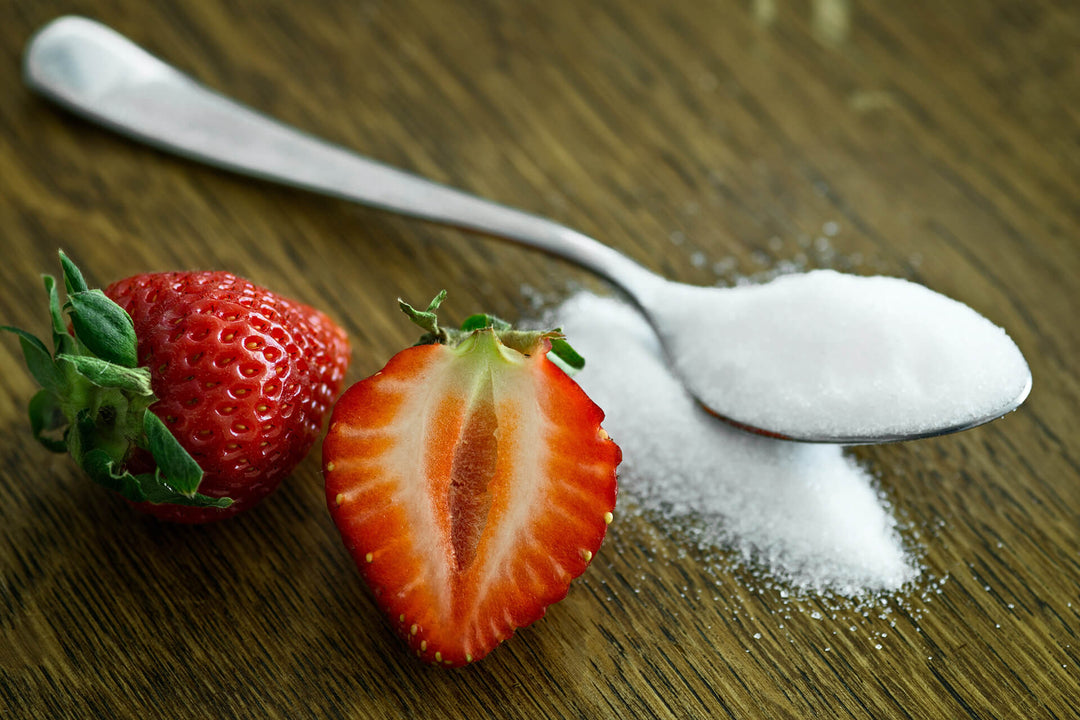Top Signs You’re Not Getting Enough of These Nutrients

You eat every day, so it’s safe to assume that you’re getting all the nutrients your body needs to stay healthy, right? Not so fast, because nutrient deficiencies may occur regardless of what you eat. Here are some telltale signs of nutrient deficiencies and how you can take care of them.

Raising hairs
We lose hair every day, but when it shows signs of thinning or builds-up quickly on your hairbrush, it’s time to take notice. Zinc deficiency can result in coarse, brittle, and thinning hair, as well as affect immune health (aka you keep catching colds). Foods such as beef, mushrooms, leafy green vegetables, nuts and seeds, and dark chocolate can provide dietary zinc, but it’s always good to ask your healthcare practitioner if a zinc supplement can help.
Skin-deep
Deficiencies in calcium and omega-3 fatty acids (fish oil) can parlay into skin health issues. Dry, cracked skin and eczema can indicate that you need more omega-3, while calcium deficiency can also contribute to dry skin. For more omega-3, consider eating oily fish such as salmon and sardines, as well as egg yolks, flaxseed, and walnuts. Calcium is also found in sardines, as well as almonds, broccoli, and dairy products. Both nutrients can also be supplemented.
Smile!
Bleeding gums and gingivitis (gum disease) are linked to vitamin C deficiency. Issues with immunity may also be caused by lack of vitamin C. Because the body doesn’t make its own, we need to get vitamin C from food (or supplements). Vitamin C-rich foods include citrus fruits like oranges and tangerines, berries, broccoli, and tomatoes. Vitamin C supplements are also available to help ensure you get enough C for good health and a healthy smile!
Sooooo tired!
Beware of vitamin B12 deficiency! It can show up as fatigue and lethargy, numbness and tingling in the hands, and weakness. Because vitamin B12 is mostly found in animal protein such as beef, chicken, shellfish, eggs, and dairy, this vitamin is often lacking or missing from a vegetarian or vegan diet. Crucial for normal brain function and the formation of red blood cells, vitamin B12 supplements can help make up for a deficiency.
Iron is a mineral that the body also needs for the production of red blood cells. An iron deficiency can manifest as fatigue, shortness of breath, anemia, pale skin, and heavy menstrual periods. Foods rich in iron include liver, legumes, nuts and seeds, tofu, and whole grains. Many multivitamin preparations contain iron, but you must be careful to not take too much--ask your healthcare practitioner if supplemental iron may be needed, and how much.
Sight unseen
The eyes have it when it comes to symptoms of vitamin A deficiency. Naturally found in carotenoids (think carrots and butternut squash), vitamin A plays a key role in vision health, and when it’s lacking it can show up as visual impairment (night driving becomes more difficult and colors don’t appear as rich). A more serious sign of vitamin A deficiency is macular degeneration, wherein the small central area of the retina in the eye deteriorates. A deficiency of this fat-soluble vitamin can also show up as nail ridges and acne. Supplementation with vitamin A can help, but because vitamin A toxicity is a concern if you take too much, check with your healthcare practitioner first for the right amount to take.
If you experience any of the symptoms of a nutrient deficiency, a visit to your healthcare practitioner may be in order. There are blood tests that your healthcare practitioner can order that will reveal these deficiencies.







